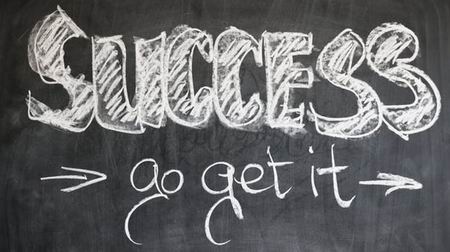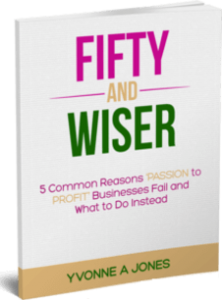In the post, “What is Confidence and How to Achieve It”, I explained what exactly confidence is. It became clear that confidence comes from doing something repeatedly so that you increase your proficiency until it becomes second nature to you. It becomes a natural part of what you do.
What Is Professional Confidence?
Doing this repeatedly to develop your confidence is something that applies in all areas of life, including your business or professional life.
Before we explore some examples in more detail, let’s examine some areas that will bolster confidence and allow you to leverage confidence in business or professional life.
“Don’t wait until everything is just right. It will never be perfect. There will always be challenges, obstacles and less than perfect conditions. So what. Get started now. With each step you take, you will grow stronger and stronger, more and more skilled, more and more self-confident and more and more successful.”
– Mark Victor Hansen
Embrace Failure

What if instead of fearing failure you turned that around and embraced failure. The thing is that you can’t or usually won’t fail when you remain within your comfort zone. That’s the zone where you know what you can do because you’ve done it many times. That’s also your zone of confidence.
Stepping out of that zone of comfort and confidence now opens you up to many untried or untapped areas and therein lies the possibility for failures. This is where adopting a different mindset will help you.
In order to build self-confidence, you have to do certain activities repeatedly. So the first time, or even the first few times, you may fail before you actually succeed. The important thing is that you learn from your mistakes and self-correct as you try again. Equally important is that you do not view yourself as a failure.
When you embrace failure, you avoid the negative thought that you will never achieve your goals in your business or professional life. Instead, you will see this as an opportunity to learn from what went wrong and make your next move even better than before.
Moving from Failure to Success
I’ve done presentations to two people, and have done multiple presentations to over 800 people for over 40 years. While I had some success, looking back, I was a terrible presenter in light of what I later came to know about business presentations and public speaking.
The thing is my audience did not know that. They heard my voice. They loved what I was saying, and they appreciated what they were hearing. Further, I was not selling products. It was sharing a message.
So having been trained over the past five years on ‘Selling from the Stage’ and ‘Selling from the Back-of-the-Room,’ I could consider myself a failure at public speaking back then. Was I? Not at all! My intention was to deliver information in another format. It worked. I’ve built on that training to enhance the value of what I can now bring as a speaker who delivers business presentations.
Let’s look at another example. Say your success right now involves selling. It may be to sell a product, to sell an idea, to sell a service, or sell a training program.
At the moment your level of confidence in your ability to communicate the value and close a deal may be pretty low. However, how are you going to get that confidence?
It’s natural to be nervous and want to stay in your comfort zone. First, you acquire the knowledge by study and having conversations or receive training from others who have been successful with sales.
Second, start somewhere. This is why many companies suggest people start with their warm market – people they already know, as this is less intimidating.
You may make mistakes, yet you learn from the experience.
Third, get feedback, whether from a manager or someone else. Perhaps even from the people who did not purchase your products. Use the feedback and insight as learning experiences and work at improving your skills.
Fourth, continue making your offers until it becomes second nature to you. As you do, your confidence will grow and so will your sales.
Remember that confidence comes from repeatedly doing the task. If you see someone who is confident right now, it’s because they’ve developed that confidence by repetitive learning, trying and failing, and getting the feedback. Then doing it again.
Have the courage to continue growing and building your confidence so you can leverage confidence in business or professional life.


